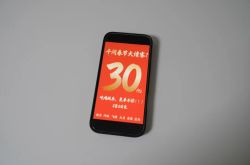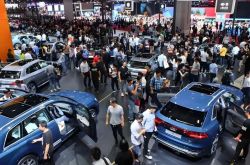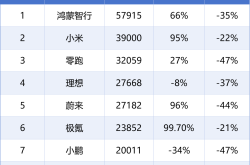Carmakers Converge to Pause Supplies, Leaving US Dealerships Car-Less
![]() 04/15 2025
04/15 2025
![]() 668
668
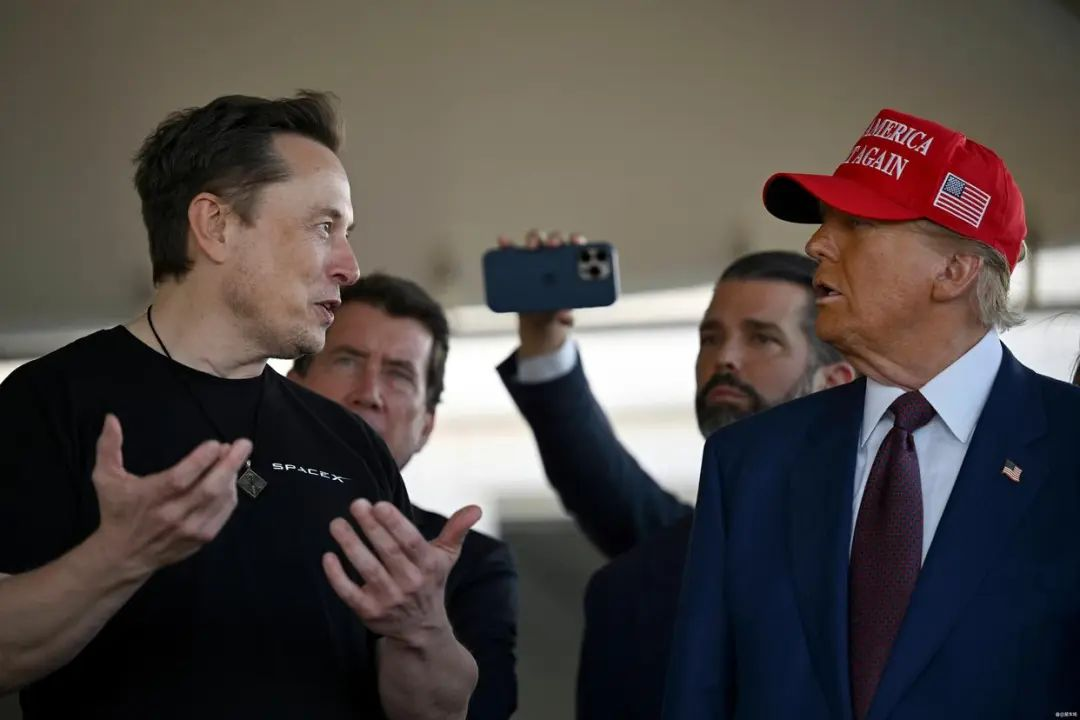
No Victor in the Tariff Conflict
Author: Wang Lei
Editor: Qin Zhangyong
In the art of war, every victory comes at a cost.
Over a week has passed since President Trump imposed a 25% tariff on all foreign-made cars, yet the situation has unfolded contrary to expectations.
Data from Vizion, an analytical firm, indicates a steep decline in container orders shipped to the US, from 516,000 TEUs (twenty-foot equivalent units) to 169,000 TEUs in a single week, representing a 67% drop.
Concurrently, automakers are increasingly taking measures to navigate the "tariff conflict." Notably, Audi and several other manufacturers have halted shipments to US dealers, effectively cutting off supply.
Many brands have responded by raising prices, shifting the epicenter of this turmoil from overseas to directly impacting the livelihoods of US consumers and workers.
01
US Dealerships Face New Car Shortage
Firstly, it's crucial to understand that the US imports up to 8 million cars annually, with the American market accounting for one-third of global imports. While the tariff policy aims to benefit the US, it is now facing a wave of "supply disruptions," leading to a looming shortage of cars to sell.
Land Rover and Jaguar were among the first to "drop the ball." They announced a one-month suspension of US exports for UK-manufactured models to assess how to mitigate tariff-induced cost increases.
Notably, Jaguar Land Rover sold 431,700 vehicles globally last year, with total sales of $30 billion, of which the US market contributed $6.5 billion—higher than both China and the UK itself, with annual sales of 82,000 vehicles.
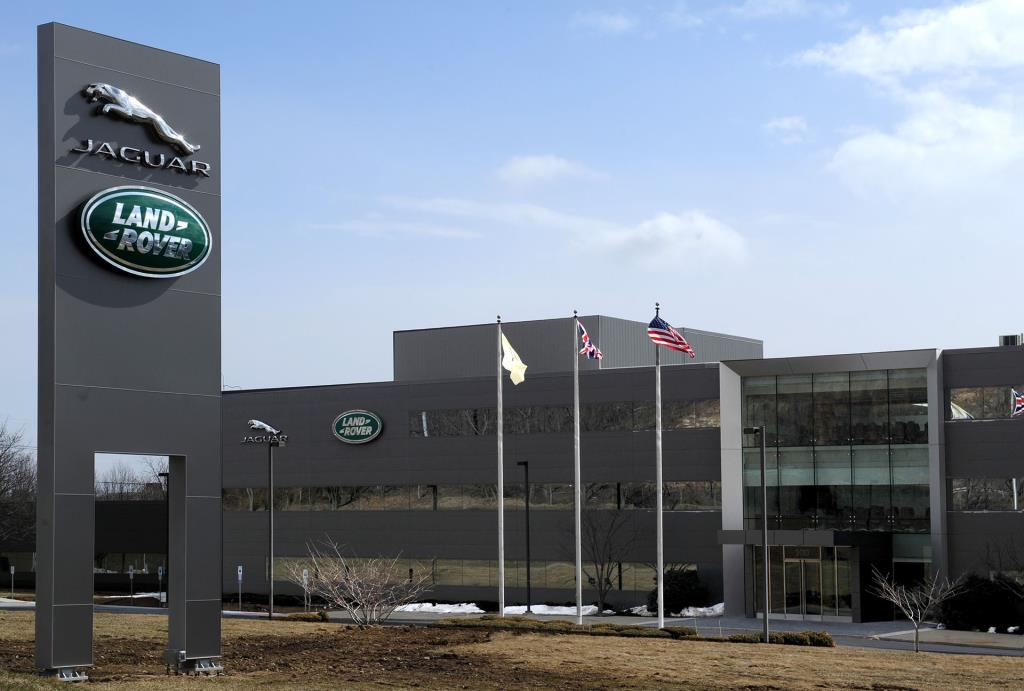
The new tariff policy significantly raises the cost per vehicle for Land Rover and Jaguar. The suspension of exports will affect many American citizens, and dealerships may find themselves in a predicament with "no cars to sell."
It's worth mentioning that Jaguar Land Rover's Jaguar I-Pace electric SUV is Waymo's exclusive model, a leading US autonomous driving company. The supply disruption also means Waymo cannot expand its fleet.
Next, traditional luxury automaker Audi followed suit.
In a letter to all US dealers on April 7, Audi stated that it had ceased delivering new cars after the tariffs came into effect, temporarily withholding all vehicles arriving in the US after April 2.
The letter emphasized that "dealers should prioritize inventory reduction at this stage." However, according to overseas media statistics, Audi currently has only about 37,000 unsold vehicles in the US market unaffected by the new tariff policy. With Audi's monthly sales volume nearing 20,000 vehicles in the US, this can sustain market supply and demand for approximately two months.
If Audi continues to refrain from delivering new cars, Americans seeking to purchase an Audi after two months will have to opt for a used one.
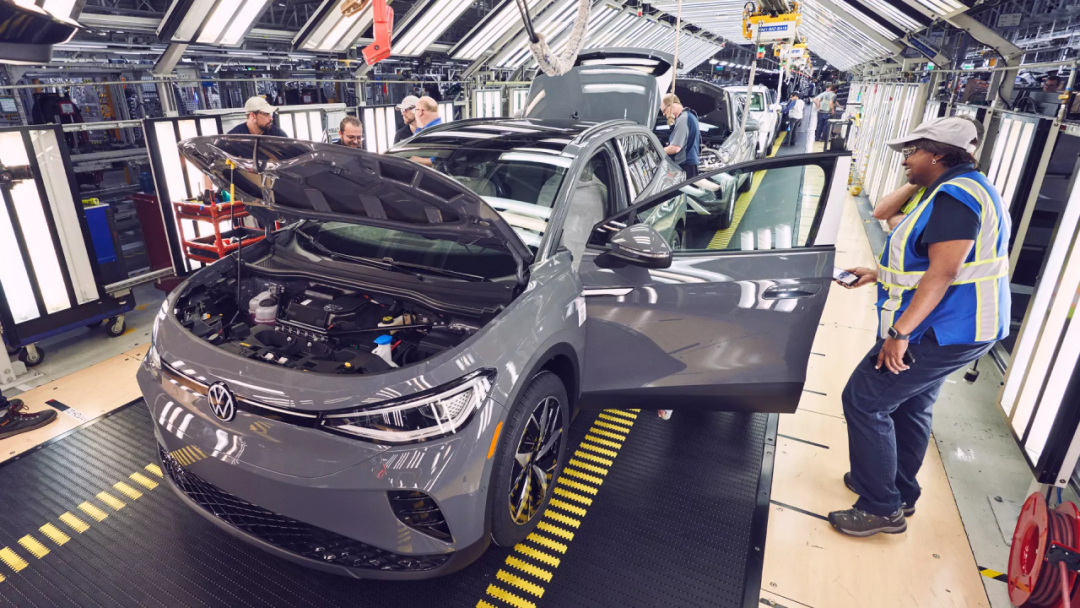
Similarly, Audi's parent company, Volkswagen Group, informed dealers in a memo that it had suspended rail transport of vehicles from Mexico to the US and was withholding new cars shipped from Europe until mid-April, when a new pricing strategy would be determined. No new cars would be delivered to dealers until then.
Mercedes-Benz, on the other hand, chose to absorb the tariff-induced cost pressure and stated that it would not raise the listed prices of its 2025 models for now. However, reports suggest it is considering withdrawing its entry-level cars from the US market, believing that tariffs may render selling cheap cars unprofitable, particularly affecting compact models like the GLA and CLA.
Stellantis, the world's fourth-largest automaker, reacted even more aggressively. Due to tariff-induced cost pressures, the Stellantis Group laid off 900 employees from five US factories, primarily producing powertrains and stamped parts.
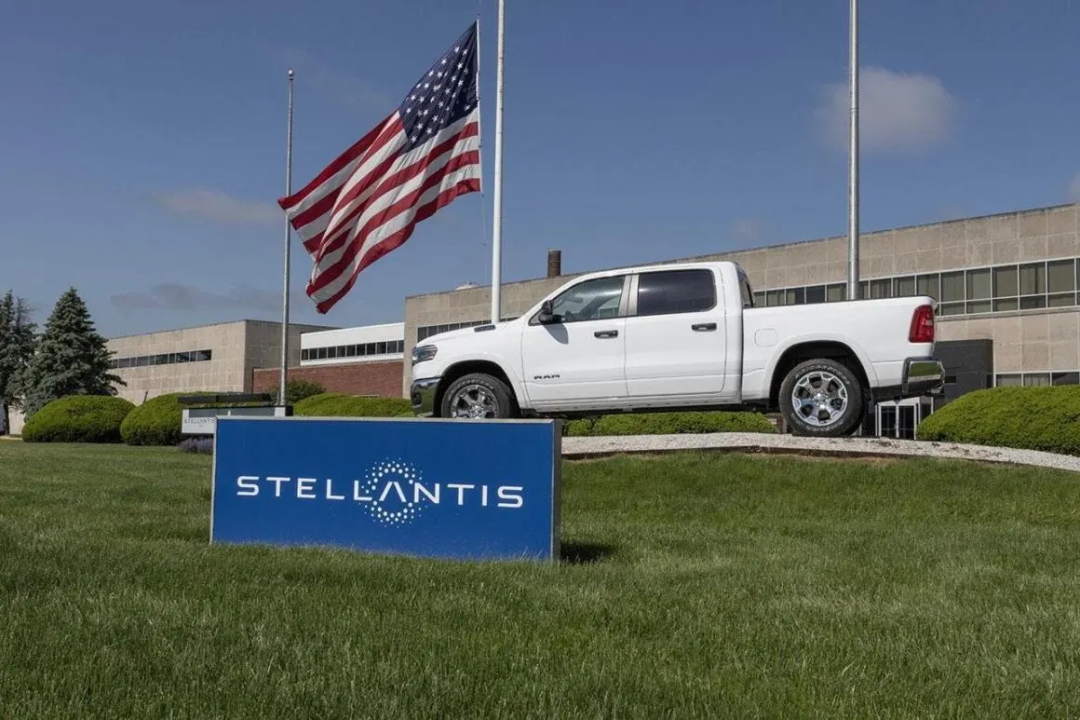
Stellantis's two assembly plants in Canada and Mexico were also affected. The group suspended production operations at these plants, effectively collapsing its North American production line.
Similarly, Nissan and Mitsubishi, significant exporters to the US, responded with "supply suspensions." Nissan announced the halt of new orders for its Infiniti QX50 and QX55 SUVs in the US.
A Mitsubishi Motors spokesperson said on April 11, "We have suspended vehicle shipments to US ports until tariff details and follow-up policies are clarified." The company confirmed that it had stopped shipping vehicles to US dealers but added, "Currently, dealer inventories are sufficient and will not affect consumers."
02
No Victor in the Tariff Conflict
One might ask, aren't there local US automakers to fill the void?
In reality, US automakers produce a limited number of cars domestically. In 2024, half of the new cars sold in the US were imported. Excluding Tesla, there are only two major traditional automakers left: Ford and General Motors.
However, due to high labor costs in the US, many local automakers have factories overseas, making the US automotive manufacturing industry highly dependent on the global supply chain. Parts and components from countries like Mexico, Canada, China, Japan, and South Korea account for 30%-50% of a vehicle's total cost.
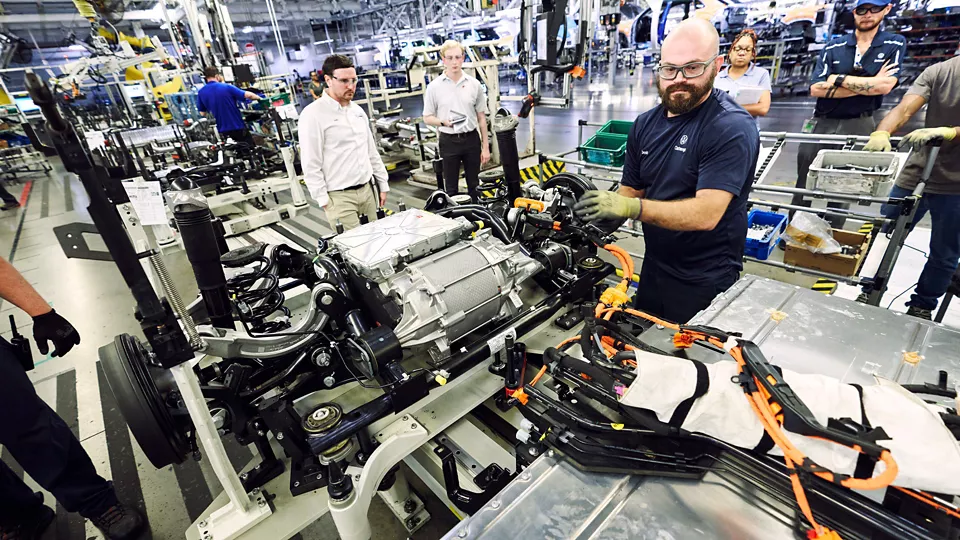
For instance, relying on parts manufactured in Mexico, according to Bloomberg calculations, if General Motors cannot transfer costs, the gross margin of its Mexican-made models may plummet from 18% to -5%.
Cox Automotive, a vehicle service provider, predicted that car costs made in the US would increase by $3,000, and those made in Canada or Mexico by $6,000, after the tariffs took effect.
If the tariffs are smoothly implemented, it is anticipated that almost all automotive production in North America will be disrupted by mid-April, with daily automotive production reduced by 20,000 vehicles, equivalent to 30% of US automotive production.
This signifies that under the indiscriminate impact of the "new tariffs," it's not just overseas automakers suffering. The US government is even planning to impose additional tariffs on specific auto parts on May 3.
Therefore, local US automakers either seek alternatives or choose to raise prices and pass on the increased costs to consumers.
This is indeed the case. Ferrari, the first multinational automaker to respond to the tariffs, announced a price increase of up to 10% for all models except the Ferrari 296, SF90, and Roma, with the price change taking effect simultaneously with the tariffs.
Models like the Purosangue SUV, 12Cilindri, and F80, which sell best in the US, all witnessed a 10% price hike. Ferrari stated, "The new import tariffs will be partially reflected in pricing. Depending on the model, prices will increase by $25,000 to $350,000."
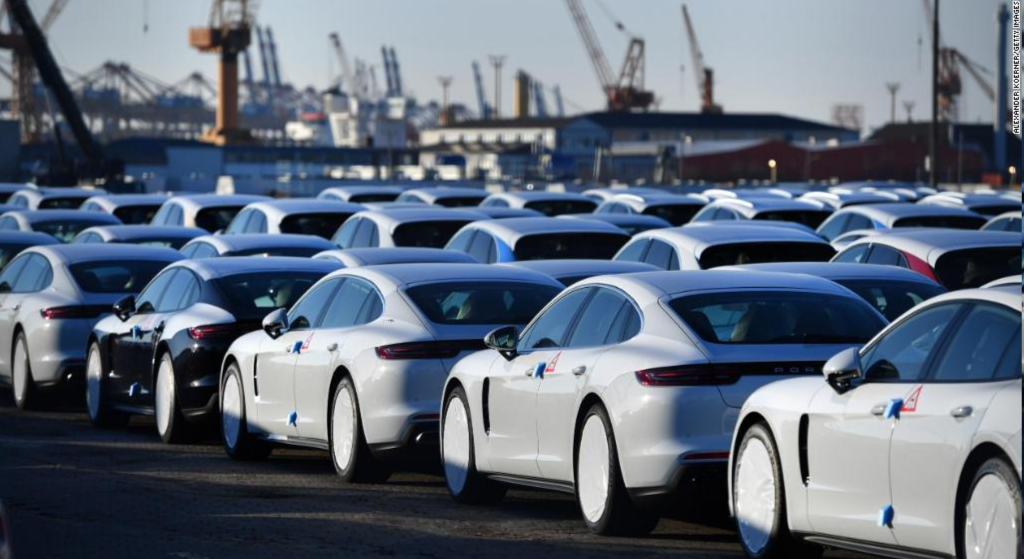
Porsche, another luxury brand, followed Ferrari's lead. Porsche's Chief Financial Officer, Jochen Breckner, said, "We will review our pricing policy," hinting that Porsche would have to pass on the additional costs to US consumers.
According to Reuters, the group hardest hit by the tariffs is actually Trump's voter base—lower-income working-class Americans, as the affordable economy cars they can afford are almost entirely produced and assembled in factories outside the US.
In the current US automotive market, the average selling price of a new car is nearly $50,000. To sell at a lower price, these cars must be manufactured in countries with lower production costs.
A Reuters review of data from two automotive research companies revealed that only 16 models on the US market have an average list price below $30,000. Among these, only the Toyota Corolla is assembled in the US; all others are produced in Mexico, South Korea, or Japan.
It was originally believed that relying on "tariffs" could force automakers to relocate to the US, overlooking the fact that the automotive supply chain is a global chessboard. Moreover, under the tariff's shadow, local US automakers have also faced backlashes in China.
Tesla's imported models, the Model S and Model Y, are temporarily unavailable for sale in China, with only inventory and used car options currently available. Additionally, General Motors' Douglas platform has also stopped accepting orders from China.
When the nest is overturned, there are no intact eggs, but unlike the turmoil on the other side of the ocean, the domestic automotive market in China is currently amidst an intense price war, with automakers worried about not being able to sell their cars.


